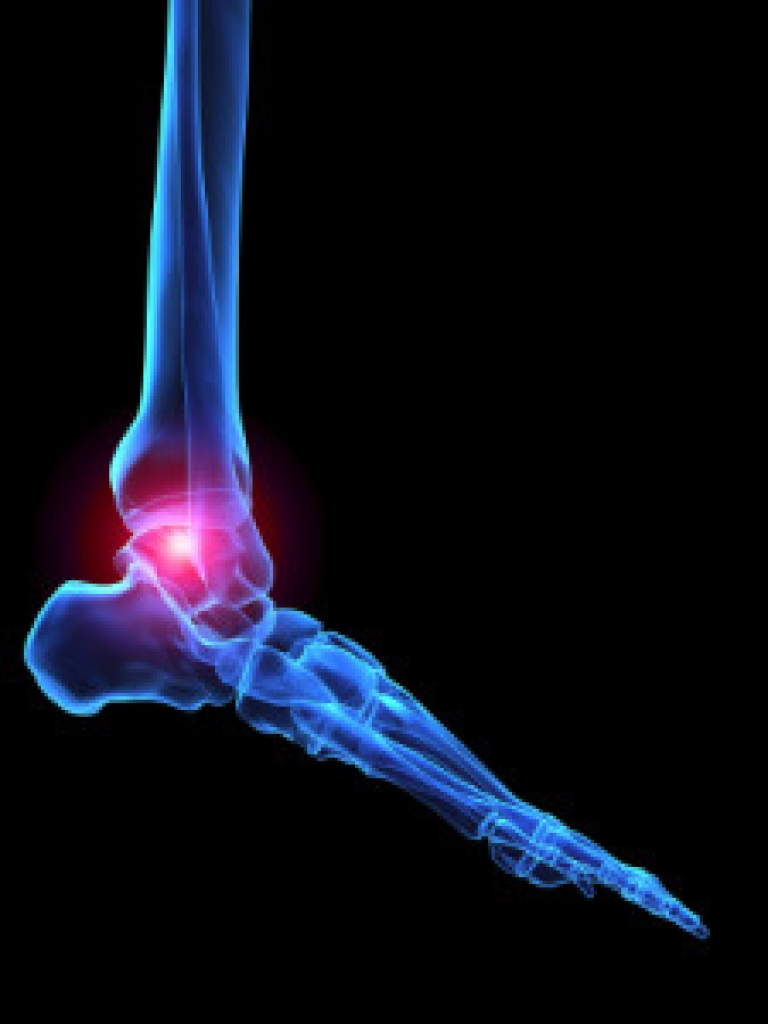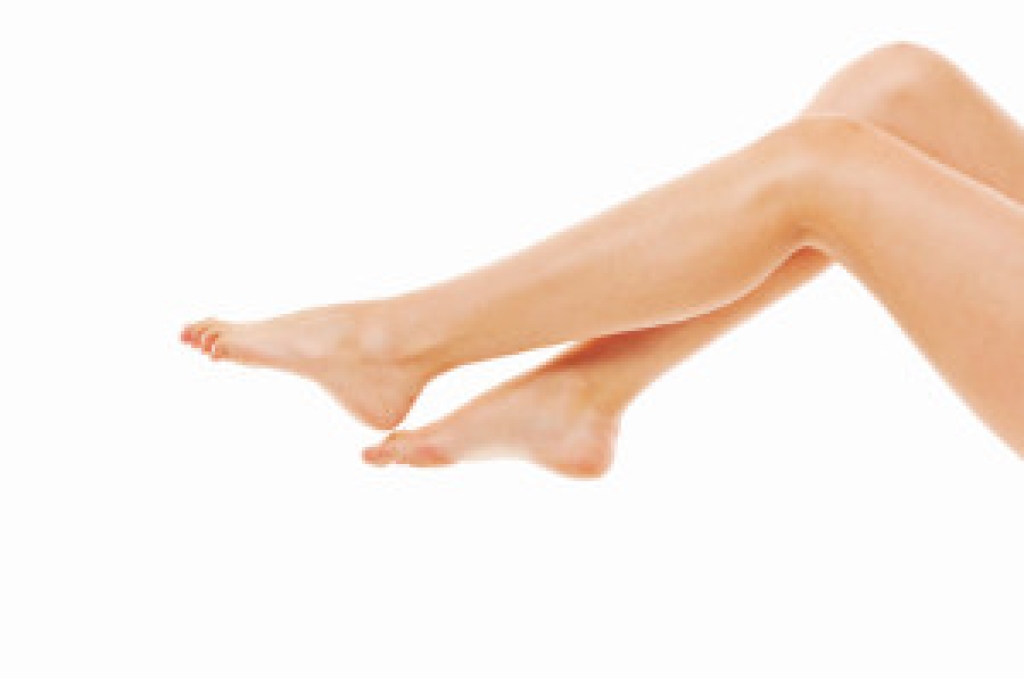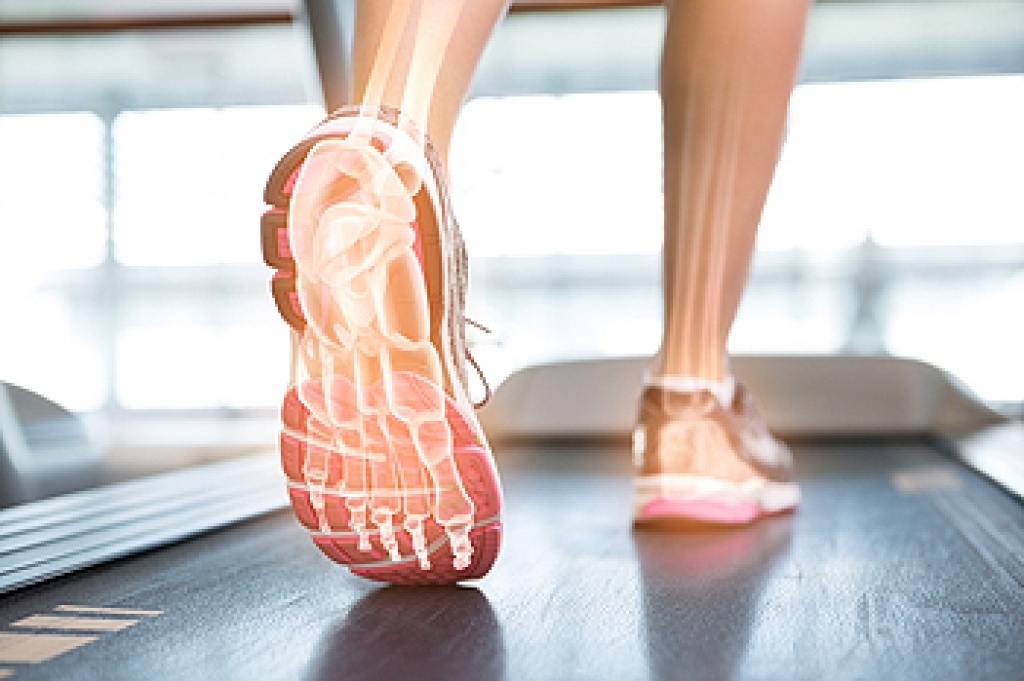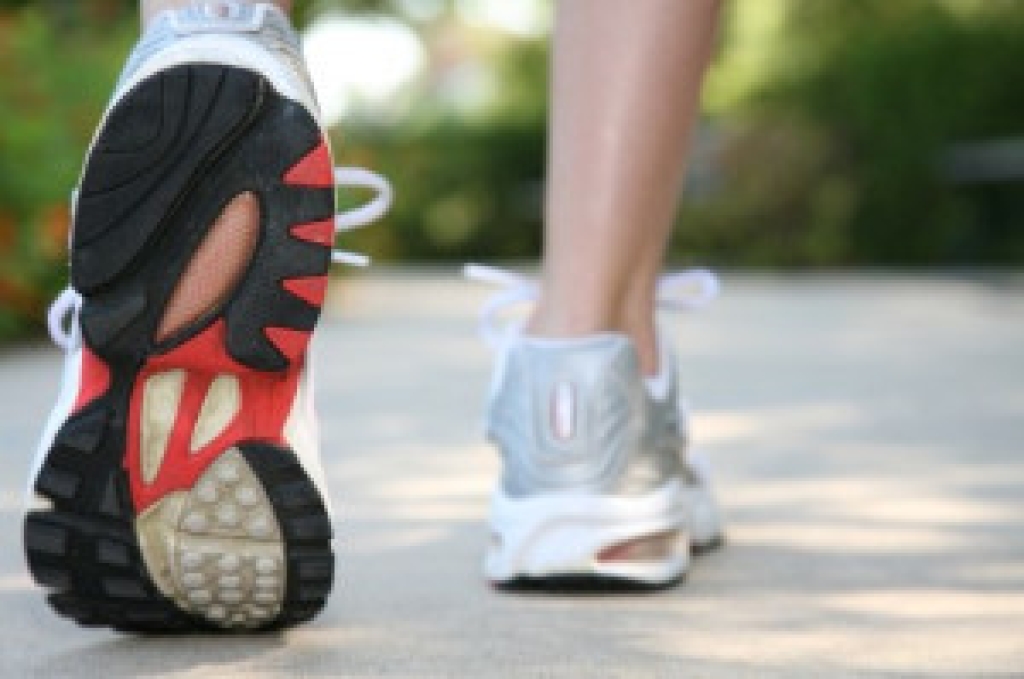 Adults who have arthritis are likely to experience joint inflammation in their feet. Arthritic symptoms in the feet may include stiffness, limited mobility, or tenderness in the joints. Common ways to treat feet issues caused by arthritis are physical therapy, joint replacement surgery, and exercise. It is crucial for people that have arthritis to exercise so that they do not lose any muscle mass. If common exercises such as walking are too painful, water aerobics and stationary bikes may be used instead.
Adults who have arthritis are likely to experience joint inflammation in their feet. Arthritic symptoms in the feet may include stiffness, limited mobility, or tenderness in the joints. Common ways to treat feet issues caused by arthritis are physical therapy, joint replacement surgery, and exercise. It is crucial for people that have arthritis to exercise so that they do not lose any muscle mass. If common exercises such as walking are too painful, water aerobics and stationary bikes may be used instead.
Arthritis can be a difficult condition to live with. If you are seeking treatment, contact one of our podiatrists from PA Foot & Ankle Associates. Our doctors can provide the care you need to keep you pain-free and on your feet.
Arthritic Foot Care
Arthritis is a joint disorder that involves the inflammation of different joints in your body, such as those in your feet. Arthritis is often caused by a degenerative joint disease and causes mild to severe pain in all affected areas. In addition to this, swelling and stiffness in the affected joints can also be a common symptom of arthritis.
In many cases, wearing ill-fitting shoes can worsen the effects and pain of arthritis. Wearing shoes that have a lower heel and extra room can help your feet feel more comfortable. In cases of rheumatoid arthritis, the arch in your foot may become problematic. Buying shoes with proper arch support that contour to your feet can help immensely.
Alleviating Arthritic Pain
- Exercises that stretch the foot can prevent further pain and injury and increase mobility
- Most of the pain can be alleviated with anti-inflammatory drugs, heat, and topical medications
- Massages can help temporarily alleviate pain.
It is best to see your doctor for the treatment that is right for your needs and symptoms. Conditions vary, and a podiatrist can help you determine the right method of care for your feet.
If you have any questions please feel free to contact one of our offices located in Allentown, Easton, Northampton, and Chew Street in Allentown, PA . We offer the newest diagnostic tools and technology to treat your foot and ankle needs.
 Ingrown toenails
Ingrown toenails

